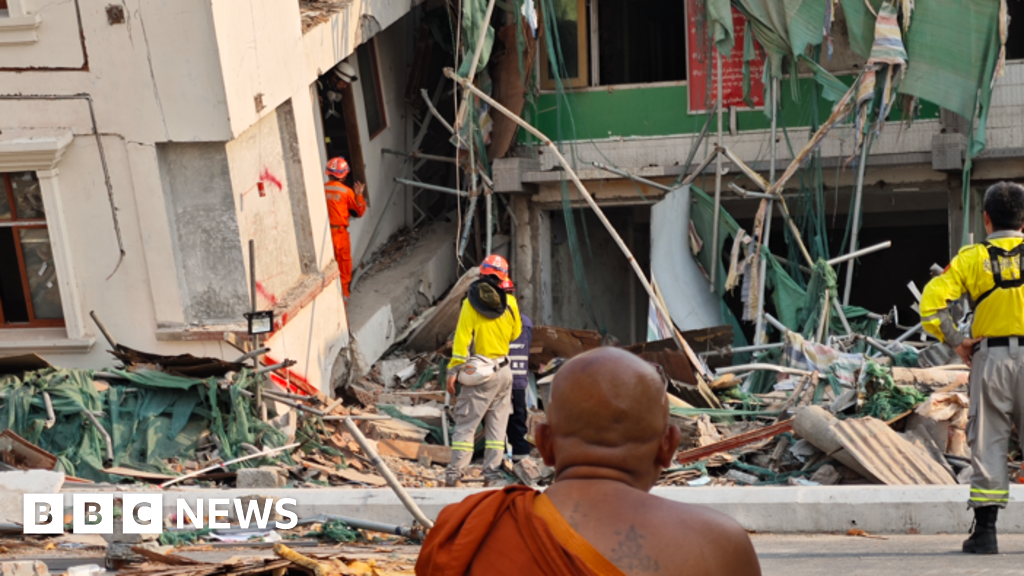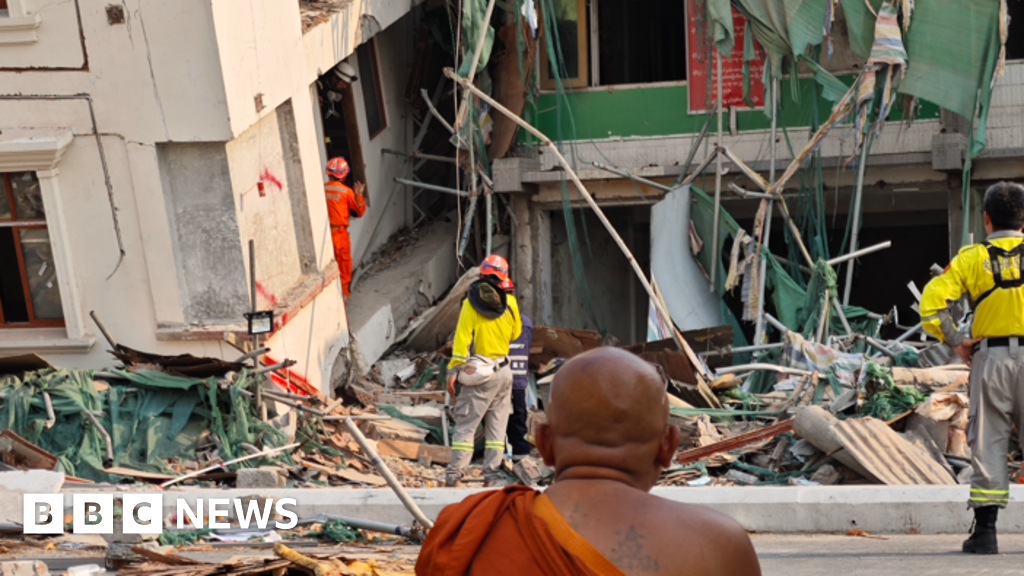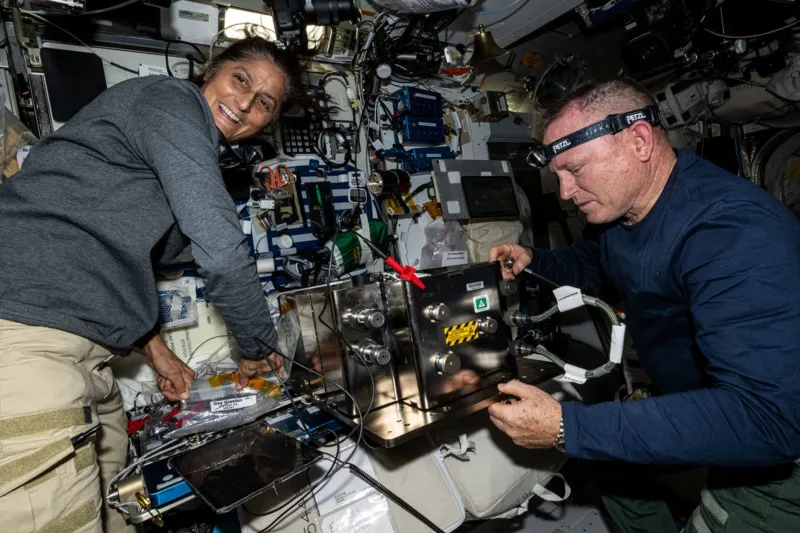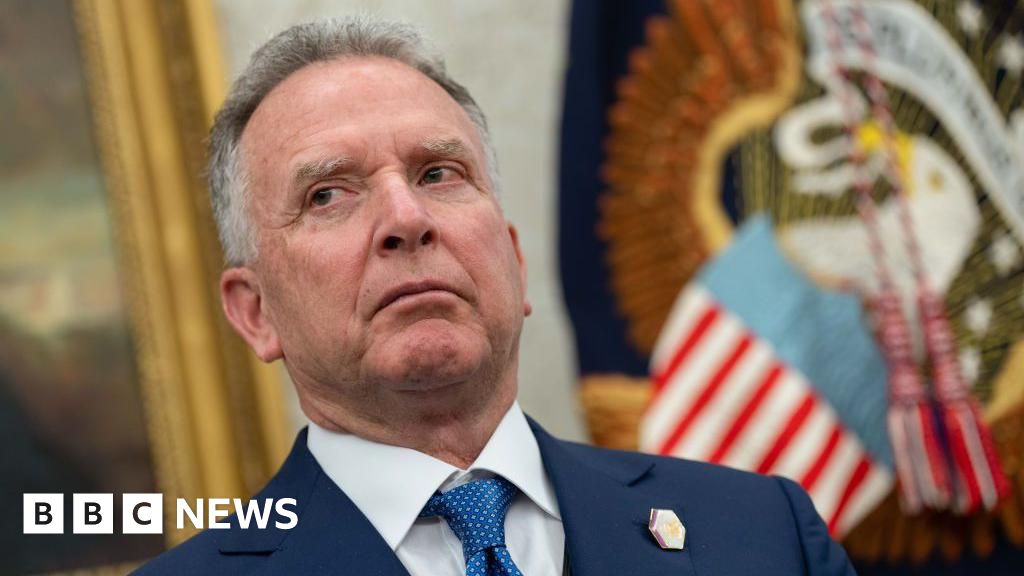
“There’s a lot of other rich countries in the world, they should all be pitching in.
“We’re going to do our part. We already have people there. We’ll have more people there. We’ll help as much as we can [but] it’s not the easiest place to work… they have a military junta that doesn’t like us,” Rubio said.
On Tuesday, a former USAID official told the BBC the shuttering of the agency, led by the billionaire Trump adviser Elon Musk, meant the White House could not send teams from the US to save lives in the immediate aftermath of the 28 March magnitude 7.7 earthquake.
The confirmed death toll rose to 3,354 on 4 April, Myanmar’s ruling military said. The number of injured stood at 4,508, while 220 were still missing.
Routinely in such earthquakes, the US can deploy up to 200 rescue workers and sniffer dogs along with specialist equipment, and is often the biggest and best equipment foreign response team on the ground.
Last week, the state department said a US team of three advisers based in the region was being sent to disaster zone.
Speaking to reporters at a Nato meeting in Brussels, Rubio blamed the military regime in Myanmar for the lack of access, even though the state department said earlier this week the country had made a formal request for assistance.
Former USAID officials say their work is seen as non-political, and they have previously accessed countries regarded as politically hostile.
“That would have impeded our response, no matter what,” said Rubio.
“That said, we are willing to continue to help in the humanitarian crisis. Other countries need to do so as well. China is a very rich country. India is a rich country. There are a lot of other countries in the world, and everyone should pitch in.”
China and India were among the first to have teams on the ground in Myanmar, according to former American humanitarian officials.
Rubio dismissed the accounts of humanitarian aid experts who said the inability to deploy a large US rescue team was due to the USAID cuts.
“These are people that make millions and hundreds of millions of dollars in these NGOs [non-governmental organisations] all over the world that stand up and they get flooded with the US taxpayer money, and then we have to spend 10 [or] 100 million dollars to get 10 million to people. We’re not doing that anymore. Okay? We have stopped. We are no longer going to spend 10 million, 100 million dollars to get 10 million to recipients.
“We’re not going to fund these global NGOs all over the world that are living off of this. We’re not doing it.
“We are prepared to help and work with governments and appropriate NGOs on the ground that are delivering assistance. We will be there, and we will be helpful [but] there are a lot of other rich countries, they should also pitch in and help… we are going to do our part,” Rubio added.
As news of the Myanmar earthquake emerged, the White House had reportedly tried to deploy a Disaster Assistance Response Team (DART) from the US – but could not do so because the Trump administration’s cuts had cancelled logistics contracts and fired officials who oversaw such deployments, according to the former officials.
The cuts to USAID had been led by Musk’s so-called Department of Government Efficiency (Doge) after President Trump targeted foreign assistance on his first day in office, calling it an “industry” that was in many cases “antithetical to American values”.



